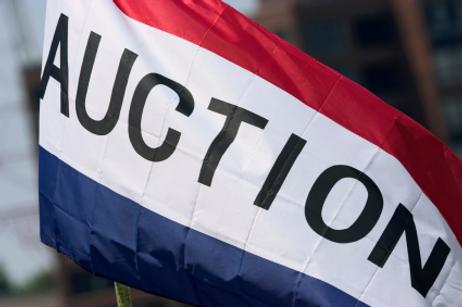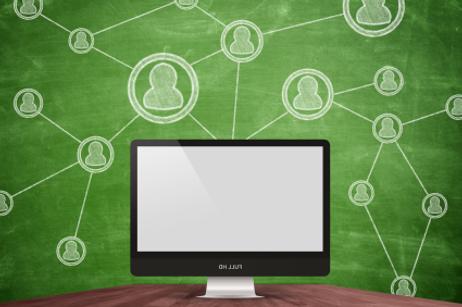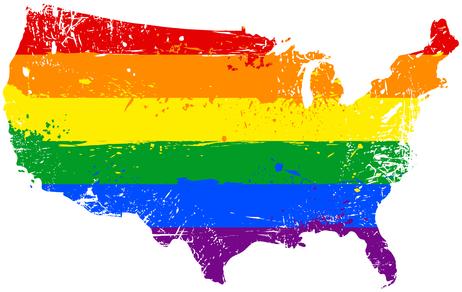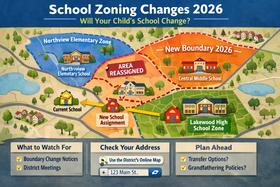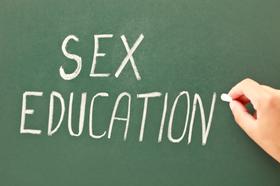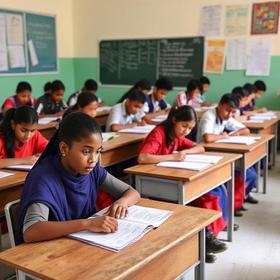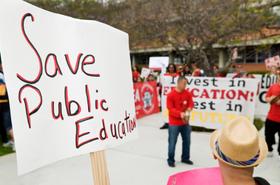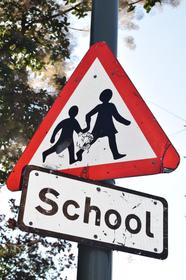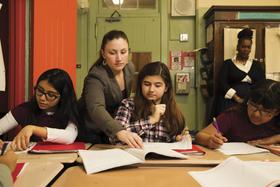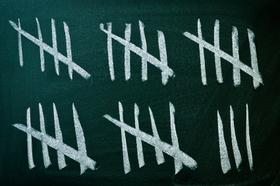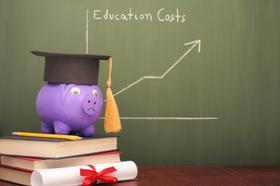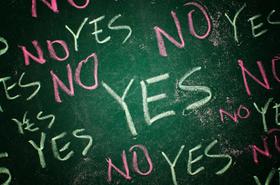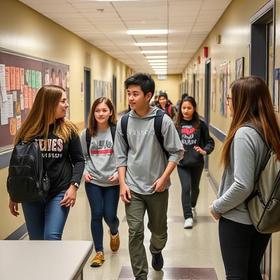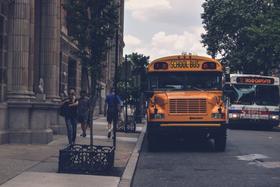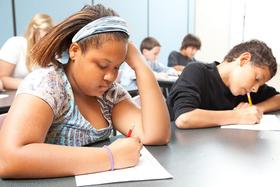Public school auctions are not a new idea, but with the economic woes in recent years, these fundraisers have reached an all-time high in many areas across the country. As the need for successful fundraising increases, so does the intensity of the public auction experience, with more expensive merchandise offered up and even a few tempers to diffuse throughout the evening. This article will take a closer look at the public auction experience, including some of the problems schools across the country have encountered in their efforts to raise necessary funding for their students.
The Benefits of a Public Auction
According to an article at , the public auction has long been a popular fundraising choice in schools because it offers a myriad of benefits, including:
- The potential to earn plenty of money for the school
- The ability to build a sense of community among students, staff, and parents
- The positive reputation fundraising builds within the community
- The involvement of numerous volunteers in a single purpose and activity
- The chance to provide a single, large fundraiser as opposed to multiple smaller events
The public auction falls into three distinct categories: the live auction, where individuals publically bid on items; the silent auction, where bids are listed until the deadline; and the online auction, which is similar to the silent auction but conducted through the Internet. In many cases, the auction is conducted simultaneously with another event, such as a dinner or dance, to entice more people and

